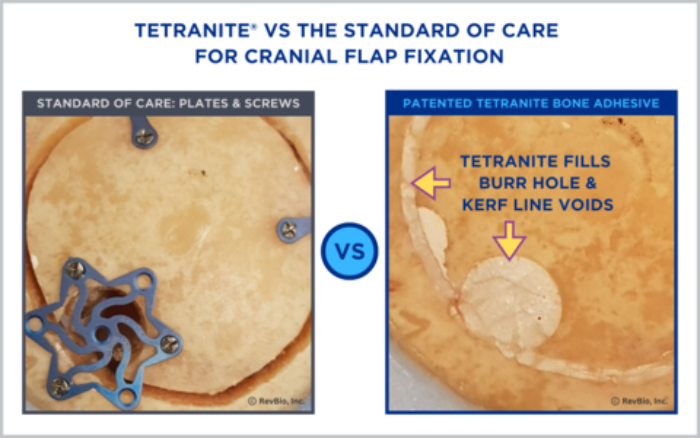Study Reveals Promising Effects on Brain Function and Immune Response
A recent study has shed light on the potential benefits of vitamin D supplementation for patients with decompensated cirrhosis. The research, conducted in two tertiary hospitals in Spain, explored the impact of vitamin D on cognitive function and inflammation in cirrhosis patients recovering from decompensation. Here’s a detailed look at the study’s findings and implications.
Decompensated cirrhosis is a severe liver condition characterized by systemic inflammation and immune dysfunction. One of its most debilitating complications is hepatic encephalopathy (HE), which causes cognitive disturbances due to the synergistic effects of ammonia and inflammation. Vitamin D, known for its role in bone health, also has extraskeletal functions, including immunomodulation. Its deficiency has been linked to immune dysfunction and various forms of cognitive impairment.
The study aimed to assess changes in cognitive function and inflammation in decompensated cirrhosis patients receiving vitamin D supplementation. Researchers evaluated patients before supplementation and at 6 and 12 months after beginning treatment. The assessment included a comprehensive neuropsychological battery and analysis of neuroinflammatory markers. In a subset of patients, peripheral immune blood cells were also examined.
Initially, 39 patients were recruited for the study. Of these, 27 completed the 6-month evaluation and were included in the analysis. The patient group had a mean age of 62.4 years, with 22 men participating. The average Model for End-Stage Liver Disease (MELD) score was 11.7, and 33% of patients had a history of overt hepatic encephalopathy. The median plasma level of 25-hydroxyvitamin D (25OHD) at the start of the study was 12.7 µg/L.
The researchers found significant correlations between baseline vitamin D levels and cognitive function. Learning and memory subtests showed a positive correlation with plasma 25OHD levels (R = 0.382; p = 0.049), as did working memory (R = 0.503; p = 0.047). Additionally, the study revealed links between neuroinflammation markers and cognitive performance. The inflammatory marker IL-1β was negatively correlated with processing speed (R = −0.42; p = 0.04), attention (R = −0.48; p = 0.04), and balance as measured by the Tinnetti test (R = −0.656; p < 0.001 for balance and R = −0.659; p < 0.001 for overall score).
Interestingly, patients with lower initial vitamin D levels showed a greater proportion of TH1 cells at baseline. These patients also experienced a more significant reduction in inflammatory markers IL-1β and IL-6 following vitamin D supplementation.
Perhaps the most encouraging finding was the improvement in working memory observed after vitamin D replacement. Scores increased from 46.7 ± 13 to 50 ± 11 (p = 0.047), suggesting a measurable cognitive benefit from the supplementation.
This research provides compelling evidence that vitamin D supplementation may play a crucial role in modulating low-grade inflammation in decompensated cirrhosis, leading to cognitive benefits, particularly in working memory.
Commentary by SuppBase columnist Alice Winters:

This study on vitamin D supplementation in cirrhosis patients offers intriguing insights into the potential broader applications of this essential nutrient. While vitamin D is widely recognized for its role in bone health, this research underscores its significance in cognitive function and immune regulation, particularly in the context of liver disease.
The correlation between baseline vitamin D levels and cognitive performance is particularly noteworthy. It suggests that maintaining adequate vitamin D levels could be crucial for preserving cognitive function in patients with cirrhosis. This finding aligns with previous research linking vitamin D deficiency to various forms of cognitive impairment, extending its relevance beyond liver disease.
The observed improvement in working memory following vitamin D supplementation is a standout result. Working memory is essential for daily cognitive tasks and quality of life, making this finding particularly relevant for patient care. However, it’s important to note that while the improvement was statistically significant, the clinical significance of this change needs further evaluation.
The study’s exploration of vitamin D’s impact on inflammation adds another layer of interest. The more pronounced reduction in inflammatory markers among patients with lower initial vitamin D levels suggests a potential “ceiling effect” in vitamin D’s anti-inflammatory action. This could have implications for targeted supplementation strategies, focusing on patients with the most severe deficiencies.
From a supplement industry perspective, these findings could drive increased interest in vitamin D supplements, particularly among those with liver conditions or at risk of cognitive decline. However, it’s crucial to approach these results with caution. The study’s sample size was relatively small, and longer-term follow-up would be beneficial to assess the durability of these effects.
Moreover, the specific dosage and form of vitamin D used in this study should be considered when translating these findings to general supplementation advice. Vitamin D exists in various forms (D2 and D3), and its absorption can be influenced by numerous factors, including liver function – a crucial consideration for cirrhosis patients.
While this research is promising, it also highlights the need for personalized approaches to supplementation. The varying responses based on initial vitamin D levels emphasize the importance of baseline testing before starting supplementation regimens.
In conclusion, this study adds to the growing body of evidence supporting vitamin D’s role beyond bone health. It opens up exciting possibilities for managing cognitive symptoms in cirrhosis and potentially other conditions characterized by inflammation and cognitive impairment. However, as with all supplement research, these findings should be interpreted cautiously, and individuals should consult healthcare providers before starting any new supplementation regimen, especially in the context of complex health conditions like cirrhosis.



